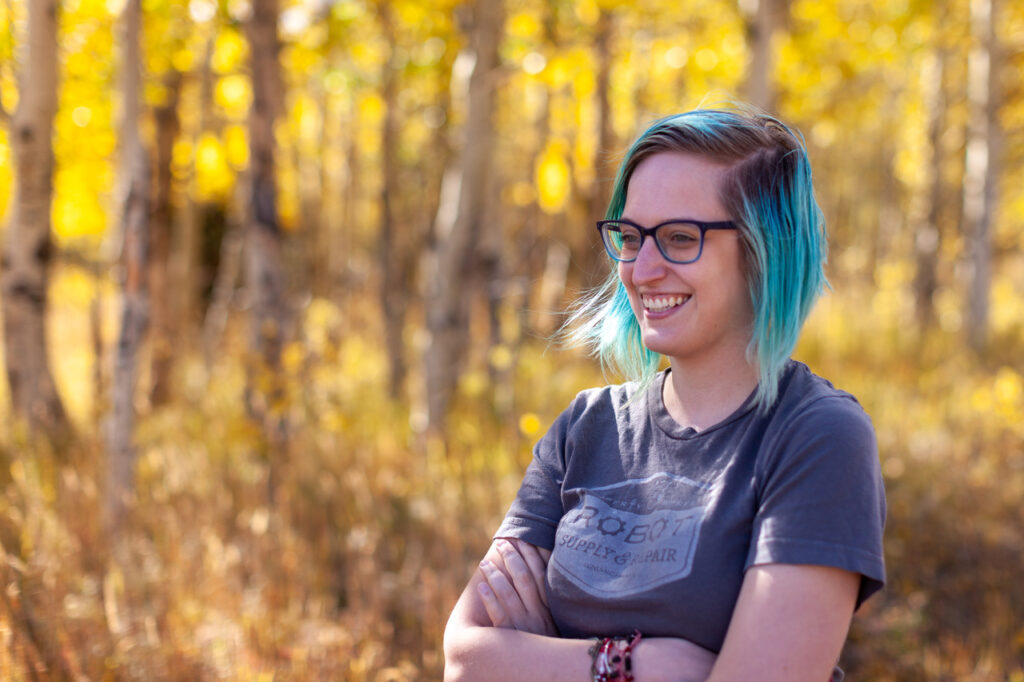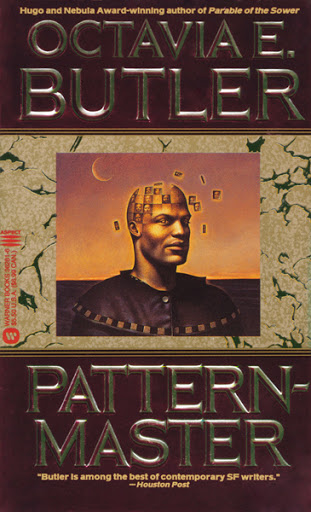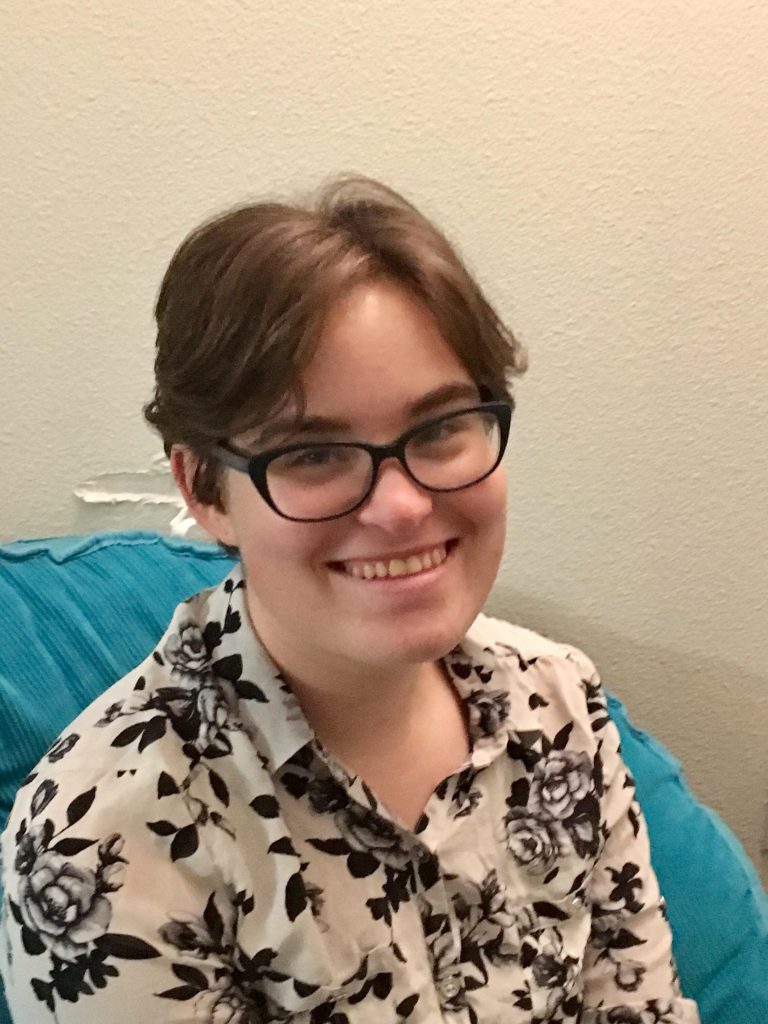edited by Chelle Parker
SUBJ: Mt. Monroe Elementary
Dear Mr. Kaur,
I’ve attached scans of the student letters per my conversation with Anthony Noble at the White House Teacher’s Dinner. To be honest, we’re all enormously starstruck by the Secretary’s offer. We’ve guarded our Pilgrim Letters jealously through the years—our own little time capsule—but it’s not every day your elementary school gets to participate in cultural diplomacy.
Note that the earliest letters date back to 1967, a mere five years after Beacon Day. While they were assigned only as creative writing exercises—the technology to reply to the first Beacon transmissions didn’t even exist when Ms. Barbara Kirby came up with the idea—I’m sure the children who wrote these letters all those years ago would be ecstatic to learn that their words would one day reach the stars.
With sincere gratitude,
Brianna Wen
Principal, Mt. Monroe Elementary
***
“If you could write a letter to the Pilgrims on their ship, what would it say?” Barbara Kirby’s third grade class, 1967.
Dear Pilgrims, my name is Patricia but people call me Patty. Miss K says you’re going to be flying in outer space for a very long time! You will fly for your whole life and my whole life and my baby brother’s whole life and Toothpick’s whole life (he is my puppy). But maybe my daughter will meet you if she gets VERY old. Please make friends with her when you get to Earth. She will live in Michigan like I do and she’ll cook you onion soup.
— Patty Ward
Hello aliens, I am scared of you so please turn around. I know you made a mistake because when you left home we didn’t have radios yet so you listened and listened and you thought Earth was a big empty, but now you know we lived here first. So you should go home. Maybe you can figure out how to turn around if you really really try.
— Linda Jimenez
Dear aliens, my dad says Johnson’s going to bungle everything ! ! Yesterday people sat in the Capitol and said they would not move until the government invented blasters to fight you. Please write back soon because Miss K says right now it takes 12 years to get your messages and everybody’s really confused over here. (P.S. have you heard the Beatles on the radio yet?)
— Kenneth MacInnes
***
Donald Levias’s third grade class, 1974.
Dear The Pilgrims my uncle says you’re fake because it doesn’t make sense how you picked our planet out of all the other planets because how come aliens just happen to breathe oxygen same as us and why do you have radios and math and stuff same as us. And so he thinks the government made you up like the moon landing. But Mr. Levias says you picked Earth because you breathe the same air as humans or else you wouldn’t have picked Earth so we would’ve never met you. But my uncle says that’s a circle argument. And then my mom said you’re real but actually you just want to grind us up and feed us to your chickens. The end.
— Armin Cox
Hello, my neighbor went to Michigan State to learn about lasers so she could help talk back to you guys. She says it’s a big funky puzzle we are all solving together and that it means we’re learning to talk to outer space really fast. Do you like puzzles? I like playing games on road trips. I drew hangman so you can play it on your road trip to Earth.
— Steve Rascon
Dear Pilgrims, you shouldn’t come here! There isn’t enough room! People are still angry at you and the computer that gives you orders! It’s hard to be angry because you won’t be here for more than one hundred years! But people will try to stay angry!!!!
— Angie Zielinski
Dear Pilgrims, the four Beacons you have sent so far didn’t say anything about your biology. I read that some scientists think you have a hard crab shell but others think that your brain would never be able to get big enough to invent interstellar space flight that way. You need to provide more information.
— Jessamine St. John Hall
Hi aliens, I live at 25881 Warren Lane and I have a lazy old dog named Toothpick. I like to swim and play the recorder. I have a big sister named Patricia but people call her Patty. She doesn’t want to talk to you anymore because you didn’t answer her letter. She used to really like aliens but now she thinks it’s stupid to write letters to somebody we will never get to meet. Even though she has a pen pal in California.
— Donovan Ward
***
Patty Ward’s third grade class, 1986.
Dear Pilgrims, Miss Patty says we don’t have to write letters because it’s a sad tradition. You are far away and you are not getting to Earth until our class is dead already. But my mom says the 3rd graders used to write letters, so I will still do it and Miss Patty will put it in the folder.
They tried to put a teacher in space last week to teach kids how we’re sending our own Beacons back to you. But the ship exploded and we watched on TV and I cried and Miss Patty cried and everybody cried. It feels like we are stuck on Earth. But I want to tell you it used to take a whole year to walk to China. And people still wrote letters and traded rubies and tea and silky clothes. So it’s okay that our first answer message won’t hit you guys for ten years. We will be patient. And we will think up new things to tell you in the meantime. And the road will get shorter and shorter. And then you will be here.
— Poppy Jimenez
***
Patty Ward’s third grade class, 2000.
Dear Amnid Thorn, my favorite are social studies lessons about you and your supercomputer. What is it like to be in charge of all the Pilgrims??! What is it like doing what the computer says all the time? What is it like to be born in space and die in space and never see the Earth and still have to make sure everybody does their jobs anyway? I would freak!!!! (P.S.! My mom said to tell you Deut. 34:4-5)
— Teresa Nowak
Dear Pilgrims, a scientist came to talk to us about how all the plants on your ship keep you alive her name is Jessamine St. John Hall and she used to go here so Ms. Patty even let us write letters to you guys because the scientist said it was her best school memory she made everybody so excited and she told everybody’s parents to call their senators about making room for you guys since ninety years is not a long time.
— Ryan Moreau
Hello Pilgrims, I want to say SORRY. Ms. Patty read us a poem about the FOIBLES of MAN. She says our brains don’t work right when a problem is too big or too far away. So even though everybody WANTS to make plans for when you get here, because you will need houses or maybe you will need to go to prison, nobody KNOWS HOW to make a plan stick so far ahead. It’s like GLOBAL WARMING. Ms. Patty looked SAD.
— Dylan Pham
***
Patty Ward’s third grade class, 2013.
Dear Pilgrims, do aliens fall in love? I know you can’t marry whoever you want because the computer has to say yes, BUT I found a book in my mom’s car where a lady in Texas was trying to stop her evil husband from taking over her ranch but then a Pilgrim met her in disguise when she was out riding her horse and when they started kissing all the rain turned into space diamonds that let them read each other’s minds. Do you think that will happen a lot when you get here?
— Pacifica Carmine
Dear Amnid Thorn, I’m sorry you’re not the leader anymore. I would have said sorry sooner except it took us eight years to get the news. I am glad the Pilgrims are still coming here. The new Beacon did not say what you’re doing now after everybody did a mutiny to you but I hope you’re not in jail and you are building a deck to chillax on like my grandpa did after he retired. I love you.
— Shaina Feldman
Dear Pilgrim peeps, can you tell me who is right my mom or my dad? My mom says you are not real and the government made you up to make us pay more taxes. My dad says nobody can keep a secret that big for 50 years SO you are real BUT your new president will start a war with Earth or maybe crash the whole ship, AND you did 9/11. Who is right?
— Arjun Bakshi
Dear Pilgrims, I remember what it felt like to write you a letter to pretend to write to talk to you like an imaginary friend. That was a long Sometimes I worry. If you were to face disaster, we wouldn’t know for many years. Perhaps a regime change was inevitable on a voyage of your length, but I hear about what’s happening there (what happened there is what I mean), and I watch our ineptitude unfold here, and I worry that you’ll never
— unattributed
***
Patty Ward’s third grade class, 2024.
Dear Pilgrims, a famous biologist (Dr. St. John Hall) Zoomed with our class about how humans are sending instructions to help the plants in your ship make better air. This is the first time we ever gave you advice. Do you think we’re bossy? I have another good advice: don’t go out in space because your eyes will explode.
— Nyla Ehlmann
Hi Pilgrims, do you guys feel okay without the computer making you follow the rules anymore? Do you get enough food? We zoomed with a scientist who says you guys had bad times after the Mutiny, and it could have got worse and worse and worse. But what’s important is everybody works together and does lots of brainstorming. So the ship can get changed around. So there’s lots of food and air so you can make your own choices even if they are mistakes sometimes. I will study biology when I grow up, too. Or maybe firefighting.
— Jayden Goddard
Hello Pilgrims, my name is Olivia but everybody calls me Liv. I love video games and my favorite books are about a Pilgrim teenager who solves mysteries on your ship. I am really really excited to meet you!!! I will be 76 years old when you get here. I will show you all over Michigan but especially Mackinac Island where you can ride the horses. Please please please visit me. Welcome to your new home! ♥♥♥♥♥♥♥♥♥
— Liv Liu
Dear Pilgrims, my dad does not like you. He thinks you are going to trick us and trap us, but he says it’s so far away nobody can do anything about it. Maybe if you tell me a little bit about yourself I can explain to him? I can explain you just wanted to travel somewhere new like when we moved from South Bend. If you visit me in 2090 I will go fishing with you. Because that is how my dad makes friends.
— Matt Wojcik
Dear Pilgrims,
I’m ashamed of our social rhythms: we back-bite and haggle and fail to think in the long term.
I thought you might be the same, but instead you incorporated your revolution and hobbled on. Your last Beacon said your sociologists even planned for it. I find myself disturbed and comforted in equal measure.
Can we learn to think that way? Should we?
I knew I wouldn’t get to meet you; some friends stay imaginary. But I thought maybe I’d make it closer than this. I start treatment in the spring, which is as good a reason to retire as any.
I didn’t have a daughter who could make you onion soup. Instead, I’ve taught a thousand bold and brilliant children, some of whom would very much like to meet you. Their long-term thinking is both better and worse than mine. An hour’s wait bothers them, while a hundred years does not.
They’ve written you some beautiful letters. I’m trying to learn from them: the road will get shorter and shorter, and then you’ll be here.
— Patty Ward
© 2024 by Sarah Pauling
2084 words
Author’s Note: Plenty of fiction has been set aboard generation ships; I wondered what that timescale would feel like from the outside. Would the experience rhyme in some ways? Would we even be capable of effective planning that far ahead? As for the voices I chose to tell this story with: Kids handle certain things better than adults do. That’s just facts.

Sarah Pauling spent several years sending other people to distant places for a living as a study abroad advisor in Ann Arbor, Michigan. She’s now in Seattle, graciously sharing her home with two cats and a husband. A graduate of the Viable Paradise workshop, her stories have appeared in places like Strange Horizons, Escape Pod, and Clarkesworld. She can occasionally be found at @_paulings on Twitter, nattering on about writing, tabletop gaming, comics, and books.
If you enjoyed the story you might also want to visit our Support Page, or read the other story offerings.









 A Wrinkle in Time is a young adult science fiction novel written by Madeleine L’Engle and first published in 1962–it has been adapted for a movie that will come out in March 2018.
A Wrinkle in Time is a young adult science fiction novel written by Madeleine L’Engle and first published in 1962–it has been adapted for a movie that will come out in March 2018.